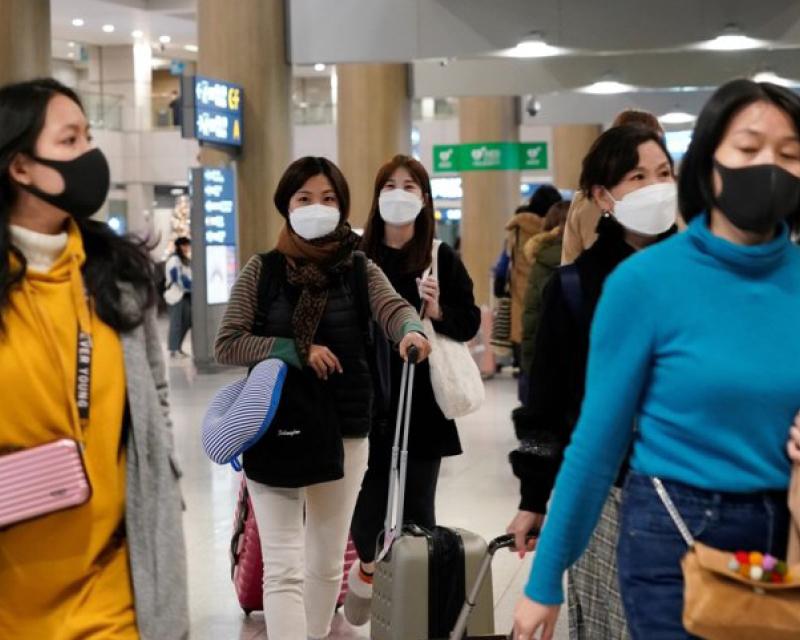On Jan. 31, the novel coronavirus (COVID-19) was labeled a global emergency by the World Health Organization (WHO). The virus, which originated in Wuhan, China, has been spreading rapidly to other regions of the world, including South Korea, Japan, Singapore, and the US. According to the Center for Systems Science and Engineering at Johns Hopkins University, there have been 73,332 confirmed cases worldwide to date.
“Based on my readings on this topic, it seems that the likelihood of the novel coronavirus becoming a pandemic virus is high,” said Peter Alden, AP Environmental Science teacher. “It is difficult to contain the disease at this point, especially because travel hubs in China are densely populated with people from various regions of the globe. Also, the seasonality of the virus may lead to unexpected patterns in the future.”
The novel coronavirus is known to be transmissible from person-to-person through air molecules when they are in close contact. In South Korea, concerns regarding the spread of the virus have shaped policies, on both national and local levels. Several hundreds of schools have “temporarily shut down or postponed the start of the new semester” due to fears surrounding the virus. The South Korean government is also working to track and quarantine individuals who show symptoms of the virus.
“When I visited Gangnam for a dentist’s appointment, I noticed that there were not as many people as usual,” said Ashley Kim (12). “The dentist also checked my temperature before the operation to make sure that I was not sick. Afterward, I went to a nail shop, and the nail artist told me that there were significantly less customers lately. It’s quite unfortunate that people seem to be trapped in their homes due to the new virus.”
People are also taking preventive measures against the virus. Many are scrambling for masks and hand sanitizers, avoiding public spaces, and regularly washing their hands with soap. In addition to these practices, WHO advises maintaining social distances, covering mouth and nose when sneezing or coughing, and keeping hands away from eyes, nose, and mouth.
“It is recommended that people keep their immune system strong by getting a sufficient amount of sleep every night and exercising regularly,” said Tim Munro, high school PE teacher. “Since the novel coronavirus is unprecedented, it is difficult to know for sure whether these practices are entirely foolproof. Nevertheless, people should follow these precautions as much as possible.”

